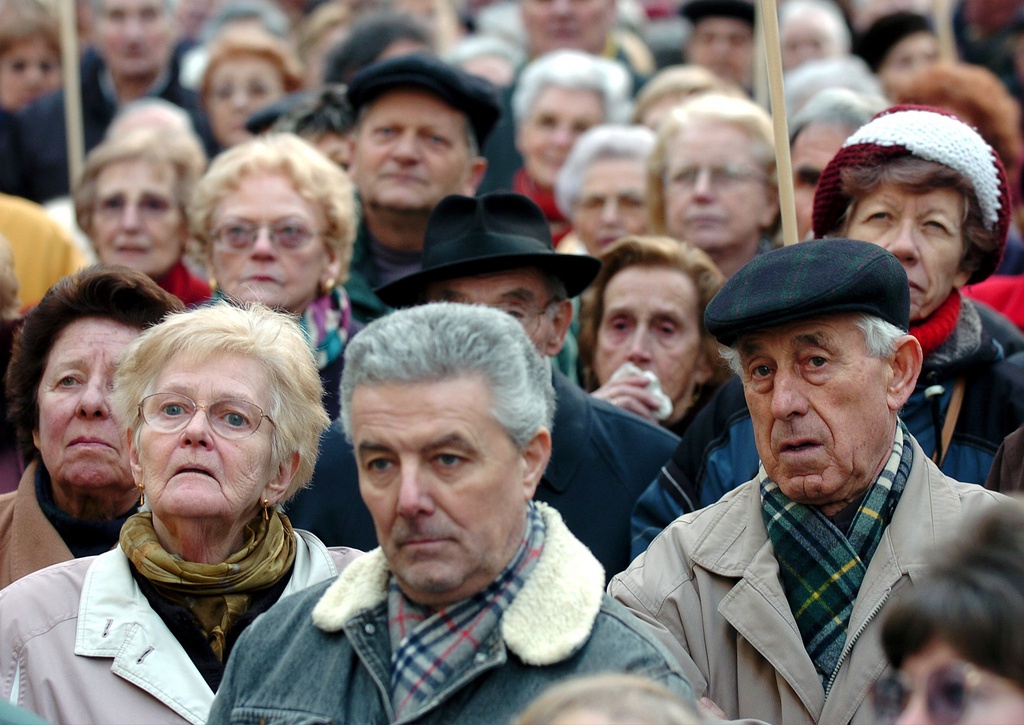Workers increasingly delaying retirement

Swiss workers are waiting longer to leave the workforce, reversing a past trend by often staying on the job past the mandatory retirement age, according to a study from the Federal Social Insurance Office (FSIO) released on Monday.
Workers cited high job satisfaction, flexibility and a good work climate as the primary reasons for staying on the job longer. The prospect of a higher pension was cited as slightly less important.
On average, one third of those polled worked longer than the mandatory retirement age between 2008 and 2011, and the average retirement age increased overall to 64.1 years for men and 62.6 years for women.
National laws stipulate that men be allowed to retire at age 65, women at age 64. In the last 15 years, the average retirement age for women has climbed steadily, while it fell briefly for men before increasing again in recent years.
One-fifth of those polled who are currently younger than the mandatory retirement age said they plan to work longer than required.
The study also questioned employers about their demand for older workers and how they make special use of more experienced employees.
Employers responded that they often value older workers for their specific experience and competencies and for their ability to train younger workers in key skills.
However, according to the study, most workplaces do not have specific protocols or plans pertaining to older workers, and the FSIO recommended putting such plans in place for the increasing number of employees who are putting off retirement.
Most of the workers and employers polled said they supported implementing a more flexible retirement policy nationwide as well as making the mandatory retirement age the same for men and women. Most respondents also supported aligning the national retirement age with that prescribed in the “second tier” of Switzerland’s retirement system – the portion of a person’s retirement funds contributed by his or her employer.
To compile the FSIO study, researchers polled 1,292 people between the ages of 58 and 69 by telephone and surveyed 1,969 heads of companies via the Internet.
Switzerland has a three-tiered social security system, meaning each worker’s retirement savings should consist of contributions from a state-run pension plan, occupational pensions and personal savings.
Currently, 1% of all value-added tax (VAT) collected in Switzerland is reserved for the state-run retirement fund. To make the system viable over the long term, a recent government-commissioned study found that the amount should be increased to 3.8%.
In addition, employers and employees each currently contribute 4.2% of a worker’s wages to his or her retirement fund; the same study recommended the total amount be increased from 8.4% to 11.3%.

In compliance with the JTI standards
More: SWI swissinfo.ch certified by the Journalism Trust Initiative













You can find an overview of ongoing debates with our journalists here . Please join us!
If you want to start a conversation about a topic raised in this article or want to report factual errors, email us at english@swissinfo.ch.